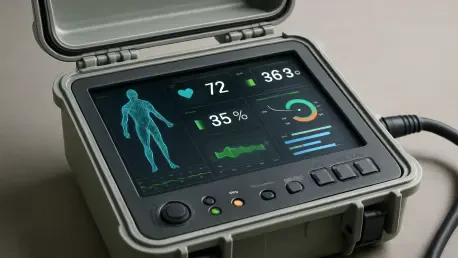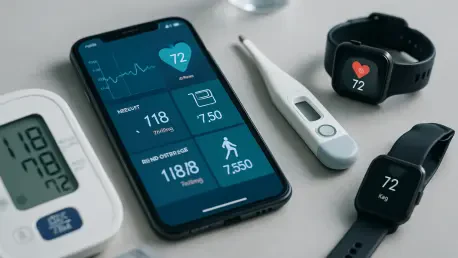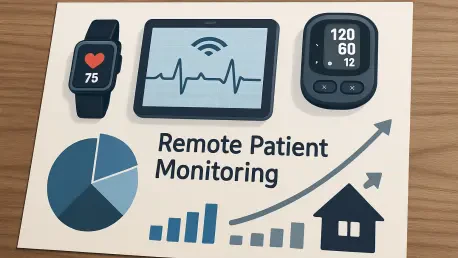
The Medical Smart Rings Market is rapidly carving out a significant niche within the wearable technology sector, revolutionizing how health and wellness are monitored on a daily basis. These cutting-edge, compact devices are engineered to track critical health metrics such as heart rate, blood

Wearable technology has swiftly moved from a niche curiosity to a transformative force that’s reshaping the landscape of health management, personal productivity, and everyday convenience in profound ways, reflecting a broader societal shift toward embracing innovations that empower individuals.

Imagine a scenario where elderly individuals with chronic conditions no longer face the daunting challenge of managing their health alone, but instead have access to a compassionate, round-the-clock virtual caregiver right in their own homes. This vision has become reality through Addison Care®, an

The Health and Usage Monitoring System (HUMS) market is poised for a remarkable evolution, set to redefine the intersection of healthcare and technology in the coming years. With a current valuation of $2.48 million as of last year, this dynamic sector is projected to expand dramatically to $5

In an era where technology is reshaping every facet of life, digital health stands out as a powerful force poised to redefine the medical technology (medtech) industry and transform healthcare delivery. Innovations such as interoperable electronic medical records (EMRs), blockchain for secure data

In an era where healthcare systems are grappling with escalating costs and an aging population burdened by chronic illnesses, Remote Patient Monitoring (RPM) emerges as a game-changing solution that redefines how care is delivered beyond hospital walls. This innovative technology harnesses wearable